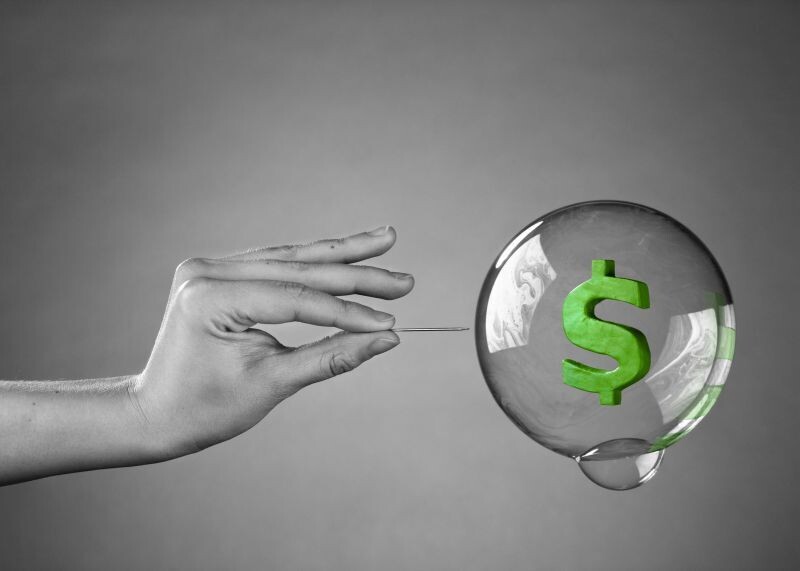
The economist Gustavo Ber explains that the expansion of credit will not necessarily result in more inflation, as long as the demand for money remains balanced. In normal situations, the increase in credit occurs in response to higher demand, so there would be no inflationary issues. However, if credit is encouraged at very low rates in a forced manner, it could generate a negative inflationary impact. It is essential that the demand for money absorbs any additional amount circulating in the economy to avoid negative effects on the disinflation process.
On the other hand, the research team at Max Capital warns that any expansion of credit to the private sector, whether in local currency or dollars, could provoke a temporary inflationary spike. The key to avoiding this scenario lies in maintaining a balance in the supply of goods and services, so that it supports the increase in demand.
Regarding Minister Luis Caputo's plan to encourage the use of dollars through financial intermediation, a greater expansion of credit in foreign currency is expected. This occurs in a context of improved economic activity and the trend to use the local currency as part of the remonetization process of the economy. It is important that this increase in the money supply is reflected in growth in the demand for goods and services; otherwise, prices could rise in the short term, contributing to an inflationary scenario.
In summary, if the demand for money remains balanced and the supply of goods and services matches the increase in demand, the expansion of credit will not necessarily lead to inflation. However, it is crucial to maintain control over these aspects to avoid potential negative effects on the disinflation process.














